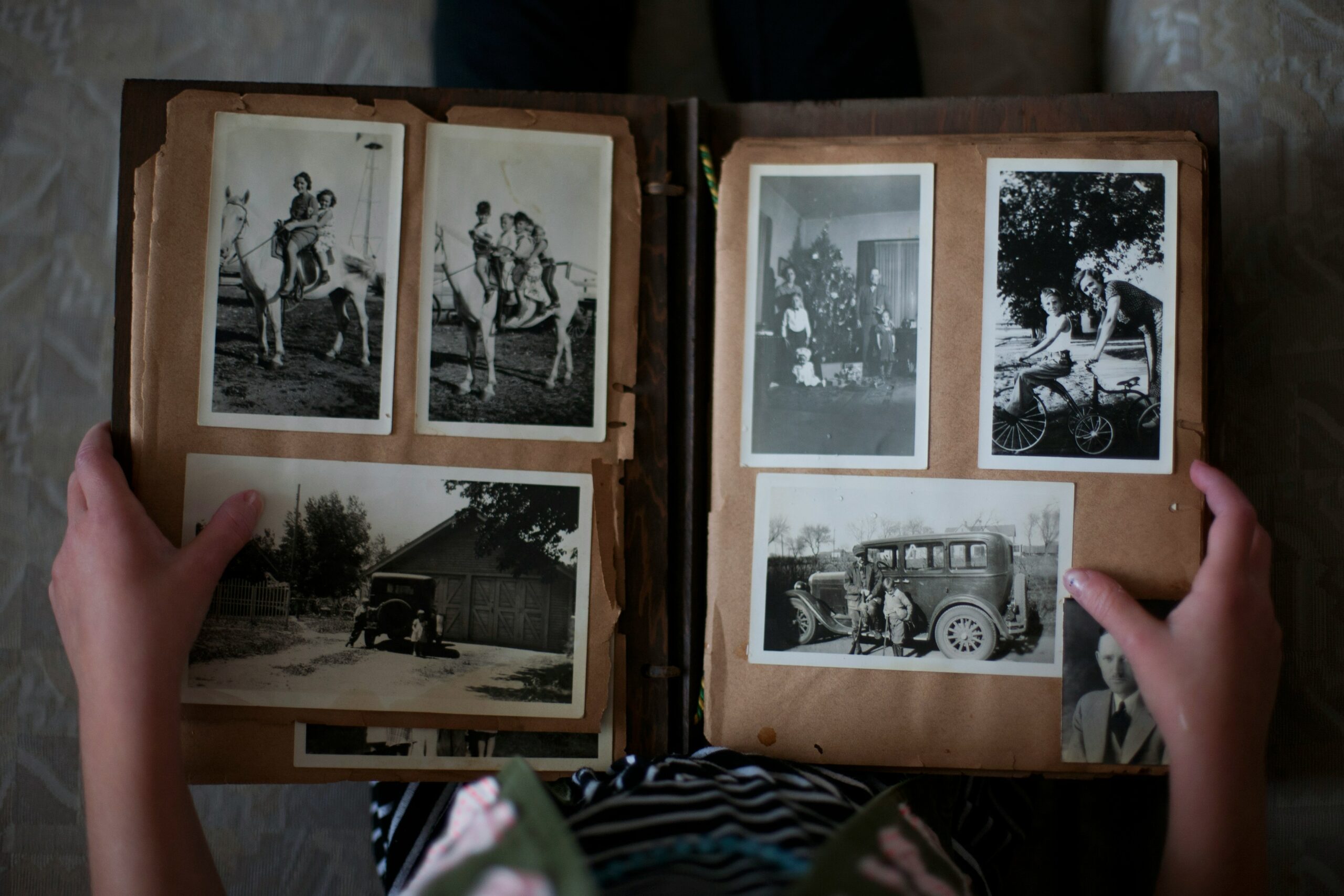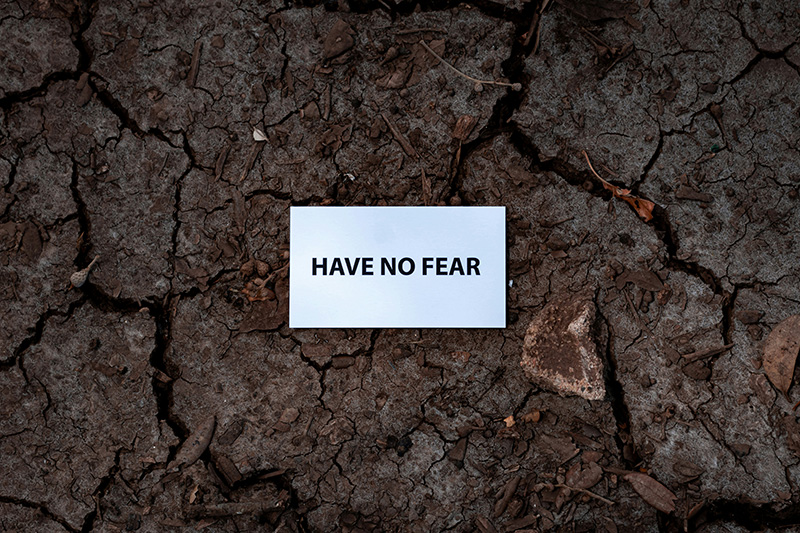Last Updated on April 10, 2023

Many writers who approach me looking for an editor are writing memoirs about traumas in their lives — the loss of a loved one to cancer, mental illness or drug addiction in themselves or a family member, past physical or psychological abuse. We write about bad things that have happened to us, partly to make sense of them. Trauma creates chaos, while writing brings new order: imposing a beginning, middle, and an end.
Many people say that once they've written about a traumatic event, the written version replaces memories that previously haunted them. As the writer, you are no longer the victim to whom something happened; you are the teller of the tale: This may have happened to me, but I am not defined by it.
Still, this isn't easy work. Trauma can render us speechless, as language often feels inadequate to express what we've gone through. Our minds may protect us by making us forget the worst parts of what's happened, or we might remember events in strobe-like fragments, complicating our efforts to construct a cohesive storyline.
The Power of Empathy
Many write out of a powerful need to bear witness to others. The empathetic response of readers can restore societal bonds undermined by such traumatic events as community violence or wars. Some memoirs and personal testimonies, such as Ta Ne-Hisi Coates's Between The World and Me, have helped to fuel progressive movements. Holocaust memoirs, such as Primo Levi's Survival in Auschwitz, ensure that any wish to obliterate the past will not overcome the imperative to remember. In Men We Reaped, Jesmyn Ward personalizes systemic injustice in stories of Black men's suffering and oppression. Apocalyptic childhood tales such as Mary Karr's The Liars' Club force society to grapple with children's powerlessness in the midst of chaotic families.
Health Benefits to Writing About Trauma
Psychologist James W. Pennebaker, PhD, has spent his career studying the health benefits of writing about trauma. In Expressive Writing: Words That Heal, he describes some of the 300 studies conducted since the 1980s that have found emotional and physical benefits to writing about disturbing and intense emotions. Most of these studies measured impact in terms of number of yearly doctor visits or symptoms of chronic stress-related diseases. Pennebaker found that writing about trauma led immediately to signs of reduced stress: Subjects had less muscle tension in their faces and drops in hand skin conductance, lower blood pressure, and heart rates.
Over the longer term, multiple studies have found improvements in immune function. In people with chronic diseases, emotional writing led to a reduction of symptoms. And writing about disturbing events often just makes you feel better. As Pennebaker writes, “...depressive symptoms, rumination, and general anxiety tend to drop in the weeks and months after writing about emotional upheavals.”
That doesn't mean you immediately feel better. Pennebaker also found that right afterward, you're likely to feel worse. “Emotional writing can be likened to seeing a sad movie,” he writes. “Afterwards you feel sadder but wiser.”
Recommended Memoirs About Trauma
Here are a few more beautifully rendered books born of trauma that I recommend:
- Later: My Life at the Edge of the World by Paul Lisicky
- The Boys of My Youth by JoAnn Beard
- Heaven's Coast by Mark Doty
- Fierce Attachments by Vivian Gornick
- When Breath Becomes Air by Paul Kalanithi
- Lucky by Alice Sebold
Stay tuned for my next post, in which I'll share five tips for writing a memoir about trauma.
- How to Show and Tell in Your Writing - January 24, 2023
- 5 Tips for Writing a Memoir About Trauma - August 5, 2020
- The Trauma Memoir: Forging Art From Adversity - July 30, 2020



